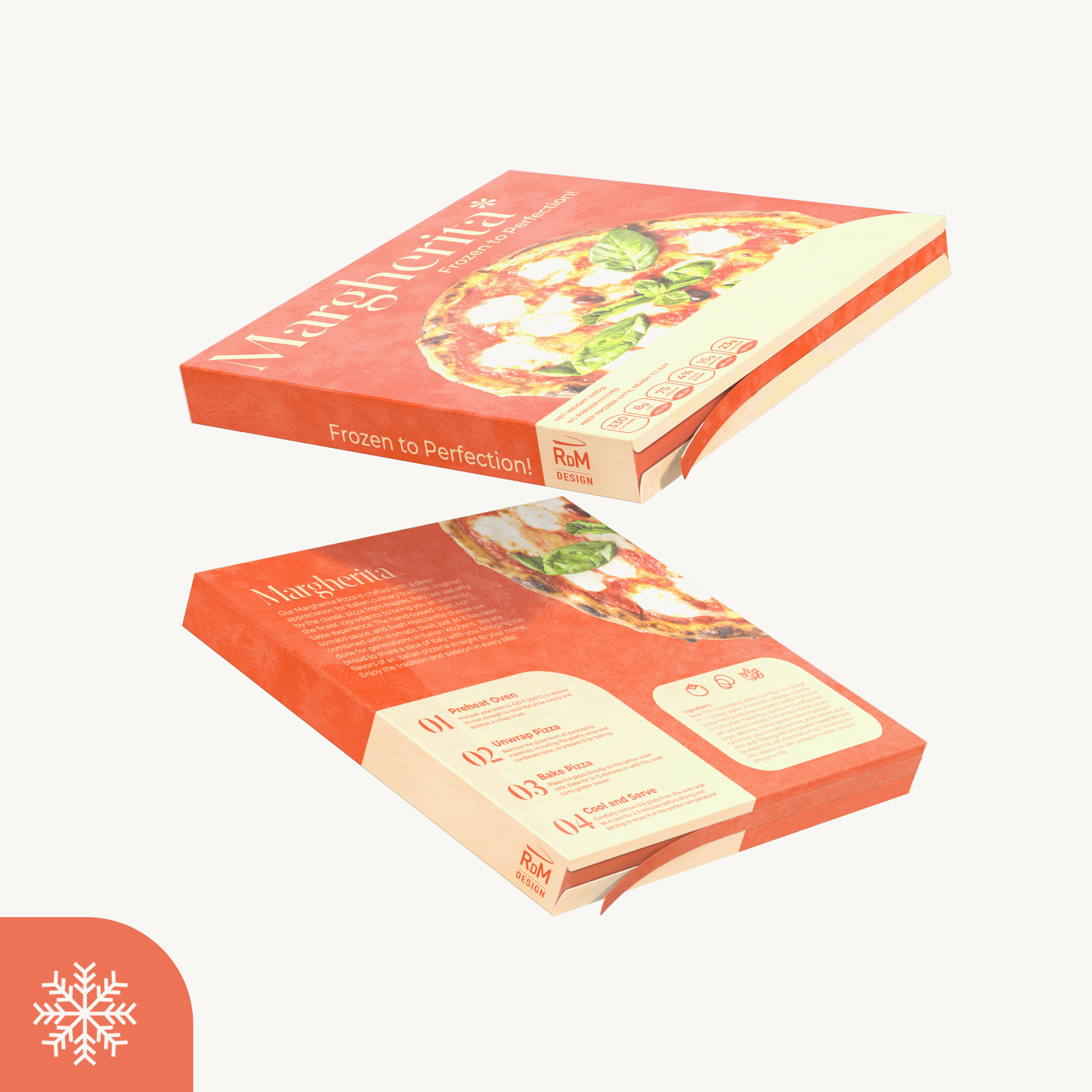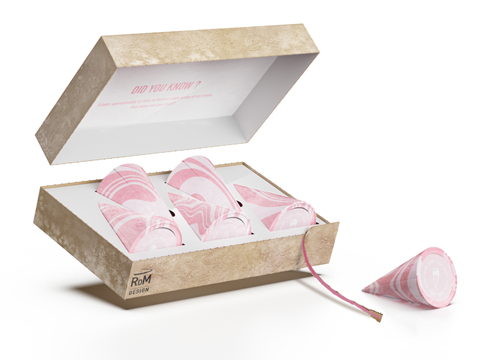
RDM Group’s Barcelona mill is now producing water-resistant recycled white lined chipboard that helps brands and retailers minimize the problem of sodden boxes
In the latest edition of the Spotlight, RDM Group explains how its Barcelona mill is now producing water-resistant recycled cartonboard that helps brands and retailers minimize the problem of sodden boxes.
There’s been a big shift across the food industry to using cartonboard for packaging for environmental reasons. But not all cartonboard is up to the job – even when it meets the strict regulations that govern what materials can be used with food.
We’ve all picked up boxed frozen or chilled food in a supermarket and put it in the car to take home, only to find that by the time we get there the box is soggy and, in the worst case, the food damaged. Retailers can suffer, too – receiving boxes damaged by moisture in transit from the warehouse. Rather than being better for the environment, poor-quality cartonboard packaging can cause food to be wasted.
The surprising thing is that these problems are easily avoidable by adopting water-resistant cartonboard, yet many food producers are still not using it. Consumers increasingly see frozen food as a way to save money and prevent food waste, according to the international market research company Kantar, so this is an issue that won’t go away.
“Rather than being better for the environment, poor-quality cartonboard packaging can cause food to be wasted.”
The water resistance of cartonboard is measured on the Cobb scale. This tests the amount of water absorbed over a given time – usually 60 or 180 seconds. Rates are quoted in grams per square meter (g/m2) within the time period. The lower the Cobb value, the more water-repellent the cartonboard.
We’re pleased to have just started producing a water-resistant (WR) board called Triplex Gris WR (GD2) at our Barcelona mill in Spain. This has a Cobb value on the reverse side of less than 60 g/m2 over a 60-second test, compared with standard cartonboard at up to 200 g/m2 over the same time period.
“We’re pleased to have just started producing a water-resistant (WR) board called Triplex Gris WR (GD2) at our Barcelona mill in Spain”
The board is made from premium fibers coming from selected paper sent for recycling. One side has a treatment that controls and reduces the amount of water absorption. This gives it a lower Cobb value and makes it significantly better at repelling the kind of moisture caused when chilled food changes temperature. This water resistance treatment is applied on request at our mill.
Triplex Gris WR (GD2) can be made into boxes, punnets, and sleeves, and is fully recyclable. It’s also great for non-food applications where moisture can cause damage – such as boxes for dishwasher salt.

High-level water resistance
RDM Group makes two other grades of water-resistant recycled cartonboard at its multiple mills across Europe.
For customers needing packaging with three times greater water resistance, we make a cartonboard that has been hard sized. This involves treating the fibers that make up the cartonboard, then adding a stronger coating to the back. With a Cobb rating of 60 g/m2 over 180 seconds, it is designed for frozen food that will experience more significant changes in temperature.
For maximum humidity and water protection we also produce a plastic-coated recycled cartonboard which withstands direct contact with water – liquid spills included – without losing its integrity. This has a polyethylene coating on one side, which is kept as thin as possible to facilitate recycling.
Wider benefits
All of these water-resistant recycled cartonboards offer additional benefits. Their ability to repel water means that they absorb less glue during conversion, for example, helping to keep costs down. And the fibers of the board bind better, forming a more closed reverse side, avoiding problems during die-cutting. Finally, packaging that doesn’t deteriorate helps maintain brand value for users.
It’s great that the packaging industry is responding to the need to be more environmentally friendly. But if that leads to more products being spoiled, it replaces one waste problem with another. Companies using RDM Group’s recyclable water-resistant cartonboard are getting it right – both for their products and the environment.
This content was sponsored by RDM Group.










